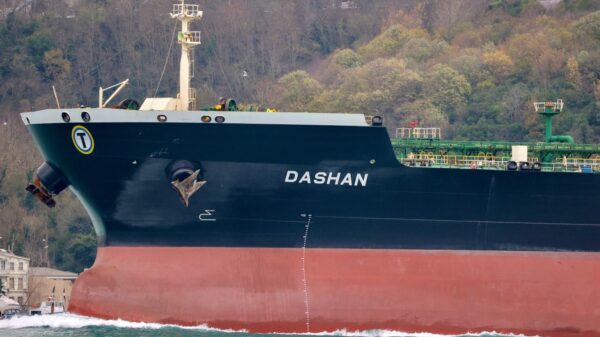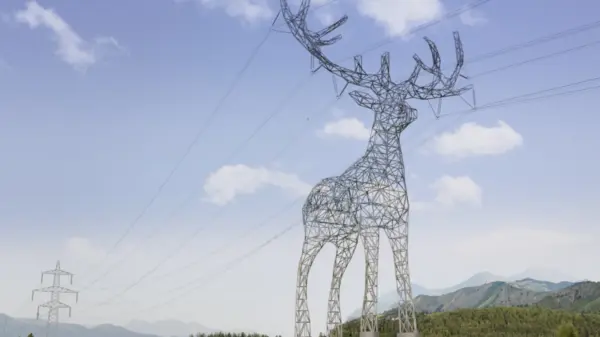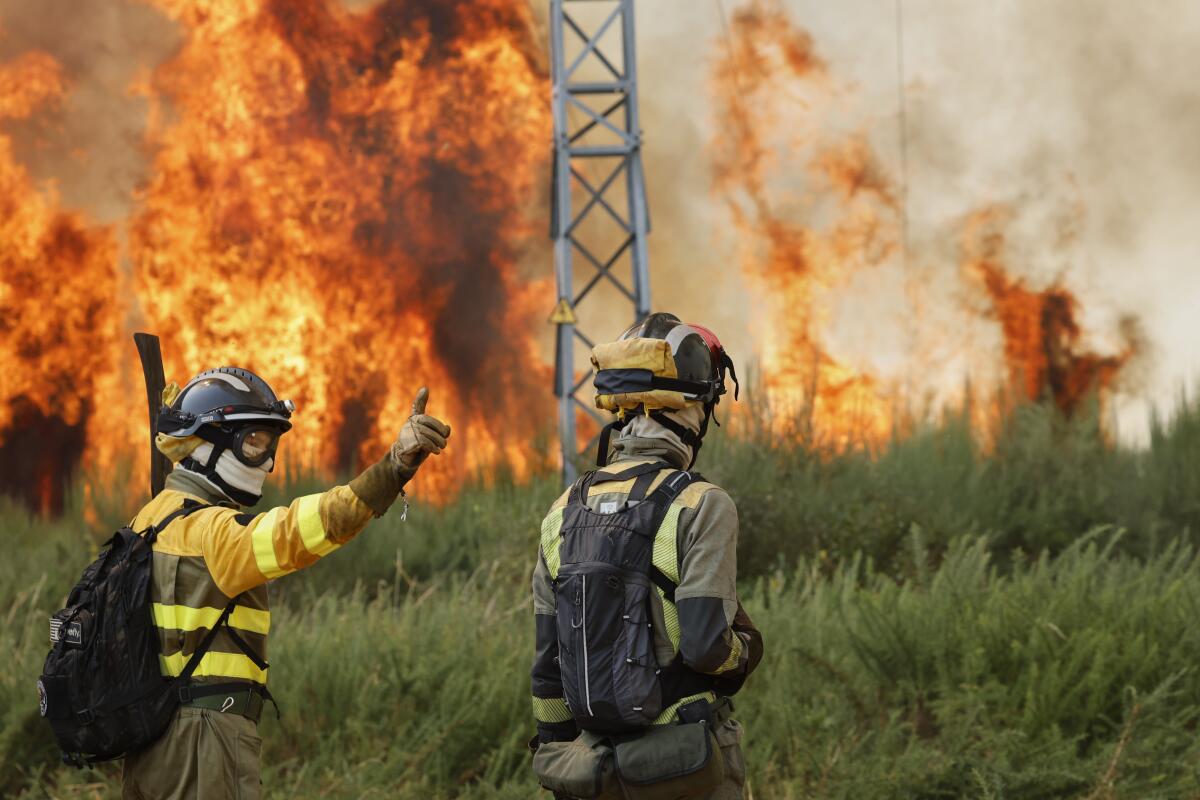Spain is deploying an additional 500 troops to combat wildfires that have ravaged the country amid a prolonged heatwave. Prime Minister Pedro Sánchez announced this decision on Sunday as authorities faced challenges in controlling the blazes, particularly in the northwestern region of Galicia. This move adds to the more than 1,400 military personnel already engaged in firefighting efforts.
Fires have been especially destructive near the city of Ourense, where firefighters are battling 12 major wildfires. According to Alfonso Rueda, the head of the Galician regional government, “Homes are still under threat, so we have lockdowns in place and are carrying out evacuations.” The situation has been dire, with Galicia experiencing fires for over a week.
As temperatures in Spain were projected to reach a scorching 113 degrees Fahrenheit (45 degrees Celsius) on Sunday, the national weather agency AEMET warned of extreme wildfire danger across most of the country. This year, wildfires have consumed approximately 390,000 acres in Spain, equating to an area the size of metropolitan London. The European Forest Fire Information System reported these alarming figures, highlighting the severe impact of climate change, which has intensified heat and dryness in parts of Europe.
In response to the escalating crisis, Spain is expecting reinforcements from other European nations. Two Dutch water-dumping planes are set to join aircraft from France and Italy that are already assisting Spanish authorities under a European cooperation agreement. The Civil Protection Agency chief, Virginia Barcones, stated that firefighters from other countries will also arrive in the coming days.
Transportation has also been affected; Renfe, Spain’s national rail operator, suspended high-speed train services from Madrid to Galicia due to the fires. Health officials have advised residents to wear face masks and limit outdoor activities to avoid inhaling smoke and ash.
Portugal is experiencing a shift in weather conditions, moving towards cooler temperatures after facing its own severe wildfire challenges. A national state of alert was enacted on August 2, set to conclude on Sunday, coinciding with the arrival of two Swedish firefighting planes. Approximately 4,000 firefighters and over 1,300 vehicles, along with 17 aircraft, have been deployed across Portugal, as reported by the country’s Civil Protection Agency.
The area affected by wildfires in Portugal this year has reached around 340,000 acres, significantly higher than in the previous year according to preliminary estimates from the Institute for the Conservation of Nature and Forests. Other nations, including Greece, Bulgaria, Montenegro, and Albania, have also sought assistance from the EU’s firefighting force, which has been activated multiple times this year.
In Turkey, wildfires have claimed the lives of 19 individuals, prompting evacuations in areas near historic sites, including those commemorating the Gallipoli campaign of World War I. Omer Toraman, the governor of Canakkale province, confirmed that six villages were evacuated as a safety precaution. Approximately 1,300 firefighting personnel, supported by 30 aircraft, are currently engaged in battling the flames, which have been exacerbated by record-breaking temperatures and strong winds.
The ongoing fires and extreme weather conditions across Southern Europe underscore the growing urgency for coordinated international efforts to combat climate-induced disasters. As Spain, Portugal, and Turkey grapple with these challenges, the need for effective response strategies has never been more critical.








































































